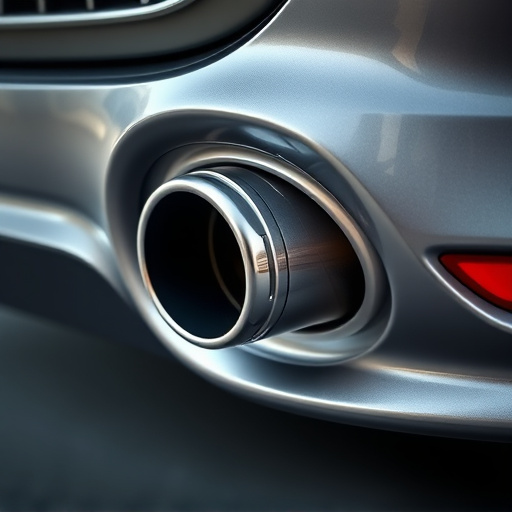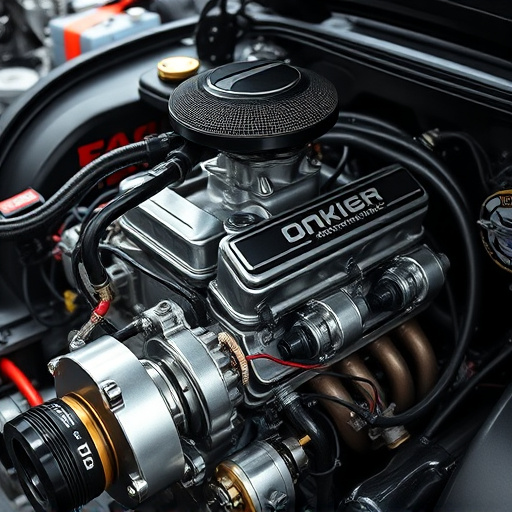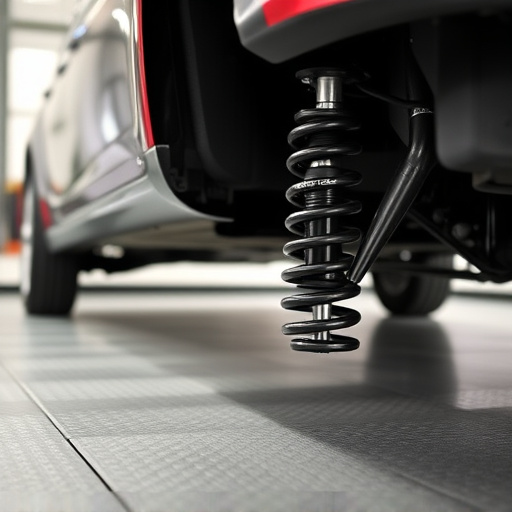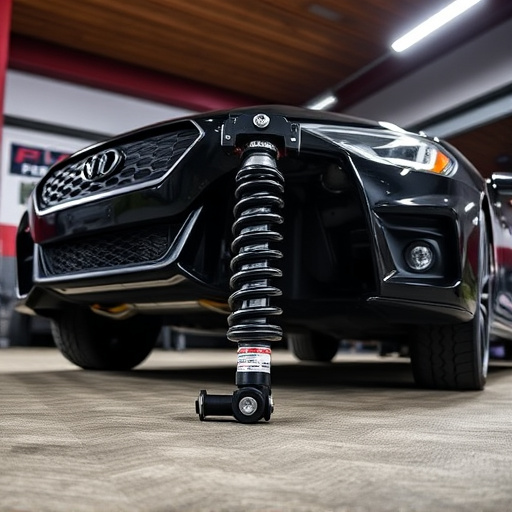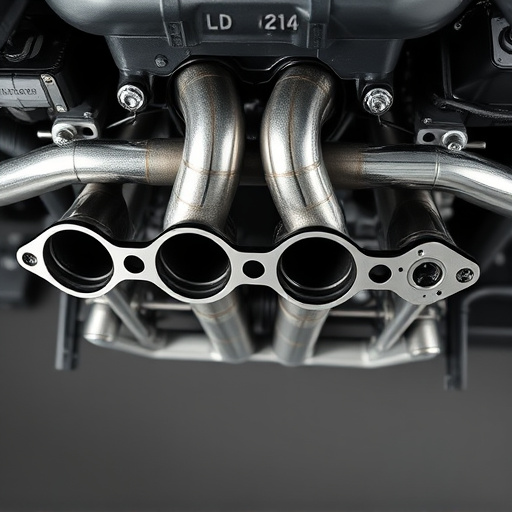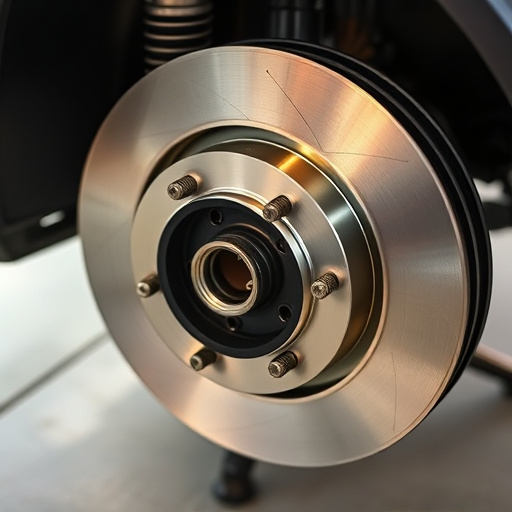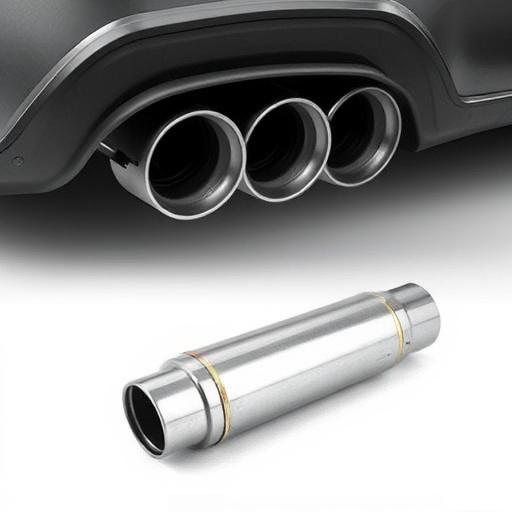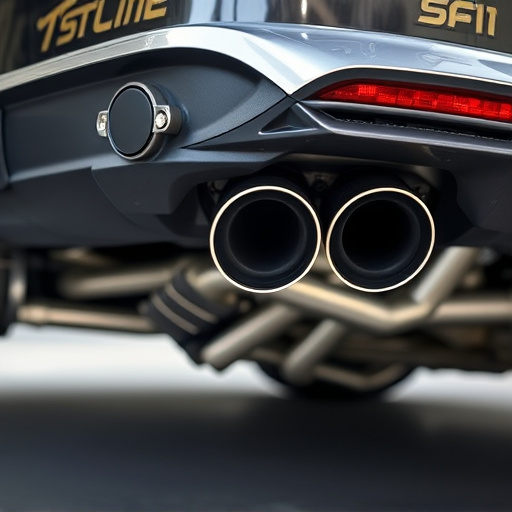Dry air filters are crucial components for enhancing vehicle performance, particularly when integrated into advanced air induction and cat-back exhaust systems. They capture and remove microscopic contaminants, ensuring clean, dry air reaches the engine. This upgrade improves fuel efficiency, extends engine lifespan, and optimizes airflow for better acceleration and top speed. By preventing moisture intrusion and corrosion, dry air filters extend system lifespans, reduce maintenance costs, and preserve the integrity of air filter kits, ultimately maximizing vehicle potential while maintaining reliability and safety.
In the realm of automotive optimization, the humble dry air filter plays a crucial role in enhancing vehicle performance and longevity. This article delves into the intricacies of dry air filters and their pivotal function within the air induction system. We explore how these filters mitigate damage caused by moisture, a common yet detrimental foe, thereby ensuring optimal engine efficiency and prolonged system lifespan. Understanding the impact of dry air filtration is essential for both professionals and enthusiasts alike.
- Understanding Dry Air Filters and Their Role in Vehicle Performance
- The Impact of Moisture on Air Induction Systems and How Dry Filters Mitigate Damage
- Benefits of Using Dry Air Filters for Increased System Longevity and Efficiency
Understanding Dry Air Filters and Their Role in Vehicle Performance
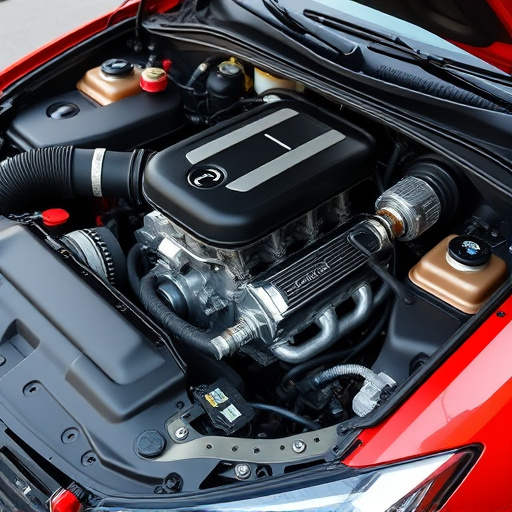
Dry air filters play a pivotal role in maintaining and enhancing vehicle performance, particularly when integrated into an advanced air induction system. These filters are designed to capture and eliminate microscopic contaminants from the air entering the engine, ensuring only clean, dry air is supplied. By preventing dust, debris, and other pollutants from reaching the internal combustion chamber, dry air filters contribute significantly to improved fuel efficiency and engine longevity.
Moreover, the strategic placement of a dry air filter in a cat back exhaust system can further optimize vehicle performance. By allowing for smoother and more efficient airflow, these filters support the overall functionality of suspension components, enhancing both acceleration and top-end speed. This simple yet powerful upgrade is a favorite among car enthusiasts looking to unlock their vehicles’ full potential without compromising on reliability or safety.
The Impact of Moisture on Air Induction Systems and How Dry Filters Mitigate Damage
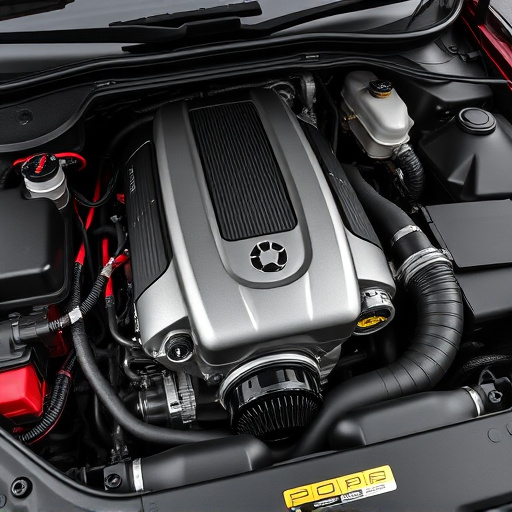
Moisture can significantly impact air induction systems, leading to premature wear and damage. When humid air enters these systems, moisture condenses, causing corrosion and erosion of vital components. This is particularly problematic in vehicles operating in damp or coastal environments. Over time, the accumulation of rust and debris can obstruct airflow, reducing engine performance and potentially damaging suspension components.
Dry air filters play a crucial role in mitigating this damage. By filtering out moisture and contaminants from the incoming air, dry air filters ensure that only clean, dry air reaches the induction system. This simple upgrade can extend the lifespan of the entire system, including air filter kits, by preventing corrosion and debris buildup. Consequently, vehicles equipped with dry air filters may experience improved suspension performance and overall efficiency.
Benefits of Using Dry Air Filters for Increased System Longevity and Efficiency
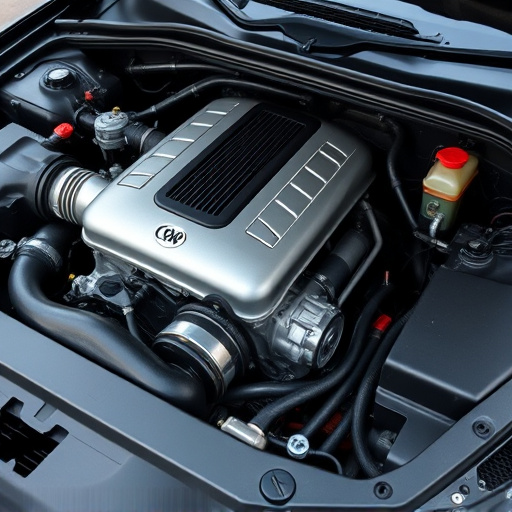
Using dry air filters offers numerous benefits for enhanced air induction system longevity and overall efficiency. Unlike traditional wet or oil-soaked filters, dry air filters eliminate the need for regular cleaning or replacement, reducing downtime and maintenance costs. This is because their design allows for efficient particle capture without compromising airflow. As a result, your vehicle’s muffler tips and air filter kits remain free from buildup, ensuring optimal performance throughout.
Moreover, dry air filters provide superior protection against dust, dirt, and other contaminants, which can significantly impact engine health. By maintaining clean air flow into the induction system, these filters contribute to sustained power output and improved fuel efficiency. This is particularly beneficial for off-road vehicles or those operating in dusty environments, ensuring reliable performance regardless of conditions.
By equipping vehicles with dry air filters, it becomes possible to significantly enhance the longevity and efficiency of the air induction system. These filters play a crucial role in mitigating the detrimental effects of moisture, ensuring optimal performance and reducing the need for costly repairs over time. The benefits are clear: improved durability, better fuel efficiency, and a reduction in potential system failures caused by water ingress. Thus, investing in dry air filters is a smart move for both vehicle owners and mechanics alike.

